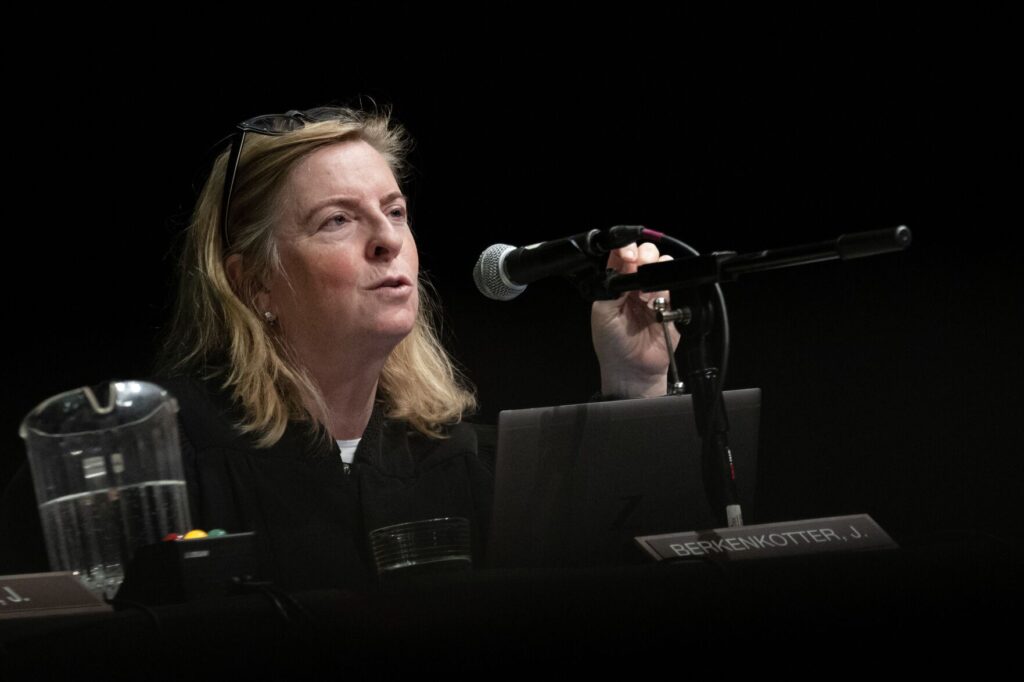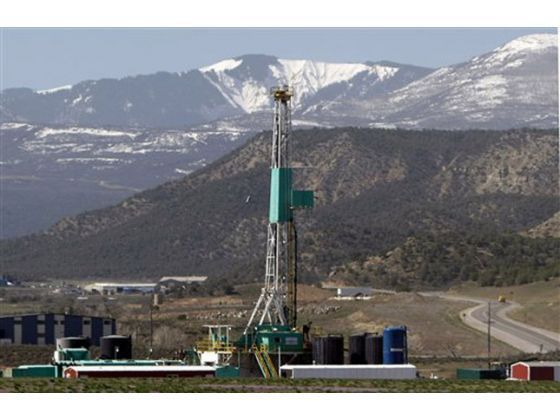Boulder County adopts fire-resistant building regulations in response to Marshall fire

Starting June 6, residents in the eastern grassland area of unincorporated Boulder County must follow new building regulations requiring them to use ignition-resistant materials before they build new homes.
County commissioners unanimously approved the requirements this week in response to the Marshall fire, which destroyed more than 1,000 homes in Superior, Louisville and unincorporated Boulder County in late December.
Ron Flax, the county’s chief building official, told residents in a public video chat that the county is trying to reduce the area’s wildfire risk.
“What we are looking at is measures to interrupt that process,” Flax said.
The changes have already been implemented in the county’s forested areas in Zone 2, west of the grassland area, which includes Jamestown, Nederland and Ward.
Flax told The Denver Gazette that roofs are especially vulnerable and that requiring roofs to be made of fire-resistant material keeps burning embers in check and helps response teams as they fight the flames.
“Looking at what happened in the Marshall fire, many of the homes which started from the roofs were hard to fight because once the embers crept into the attics, it was too often late,” he said.
Asphalt shingles, metal roofing and lightweight concrete tiles are all popular fire-resistant roof materials, Flax said.
Residents must also install gutter systems with noncombustible down spouts where burning embers can settle, deck surfaces, exterior wall materials and roofing vents where embers can get inside an attic or home. They will also be required to erect a 3-foot buffer between any combustible material like fences or shrubs.
“I’ve had a number of people reach out with appreciation,” Flax said. “They believe these are practical and reasonable changes given the measure of hazard.”
Abby Silver, community planning and permitting wildfire mitigation specialist, said the county has been researching the cost implementation and decks are a major concern.
“Composite decking material made up of sawdust and plastic combined are much more fire-resistant than wood,” Silver said.
Residents will be required to build a noncombustible zone around a new home. Silver said costs for fire-resistant material like gravel would not cost that much more than mulch. She said gravel is around $10 more per cubic yard than mulch.
Flax said the county will hold back on mandating vinyl windows and a full defensible space until planners can understand them better.
“The commissioners would like to thank the county’s Community Planning & Permitting Department for their diligent work to quickly bring these changes into effect for the residents of unincorporated Boulder County,” said Marta Loachamin, chairwoman of the county commissioners. “We are living the impact of an intense climate crisis and we need to respond with policies that will help protect our residents.”















